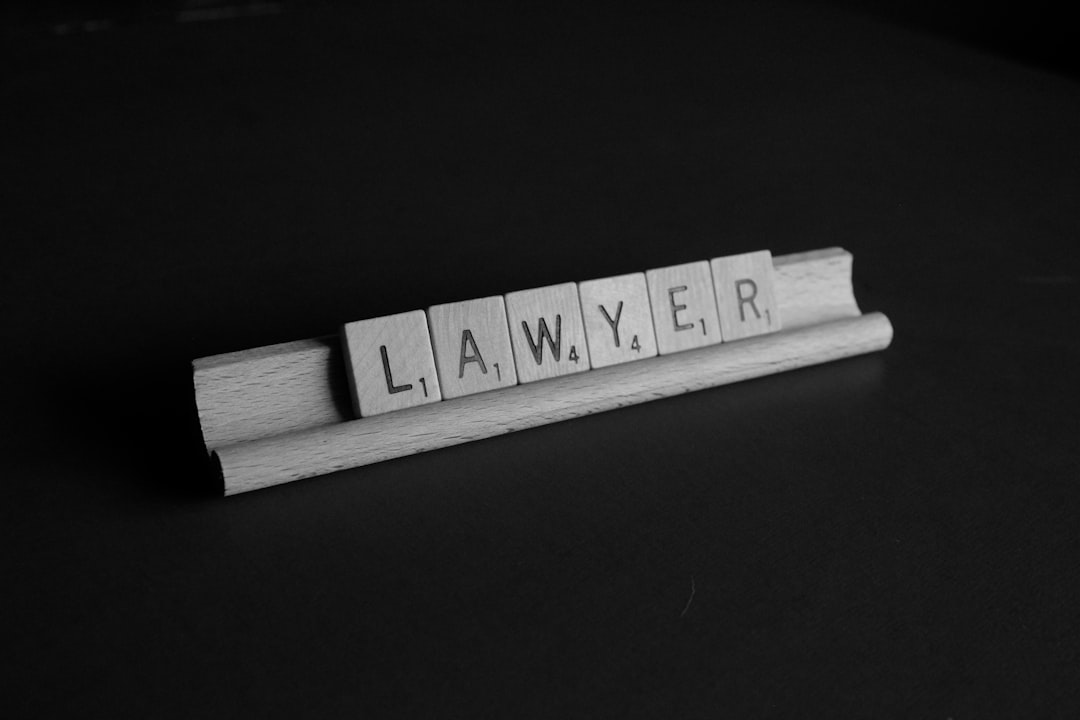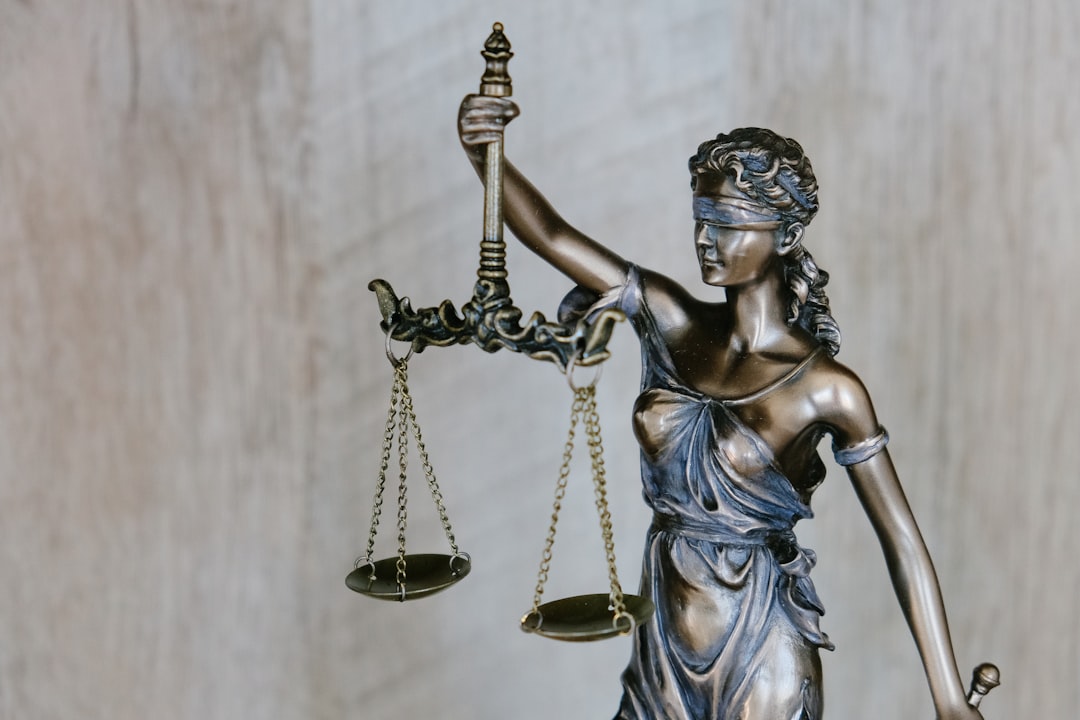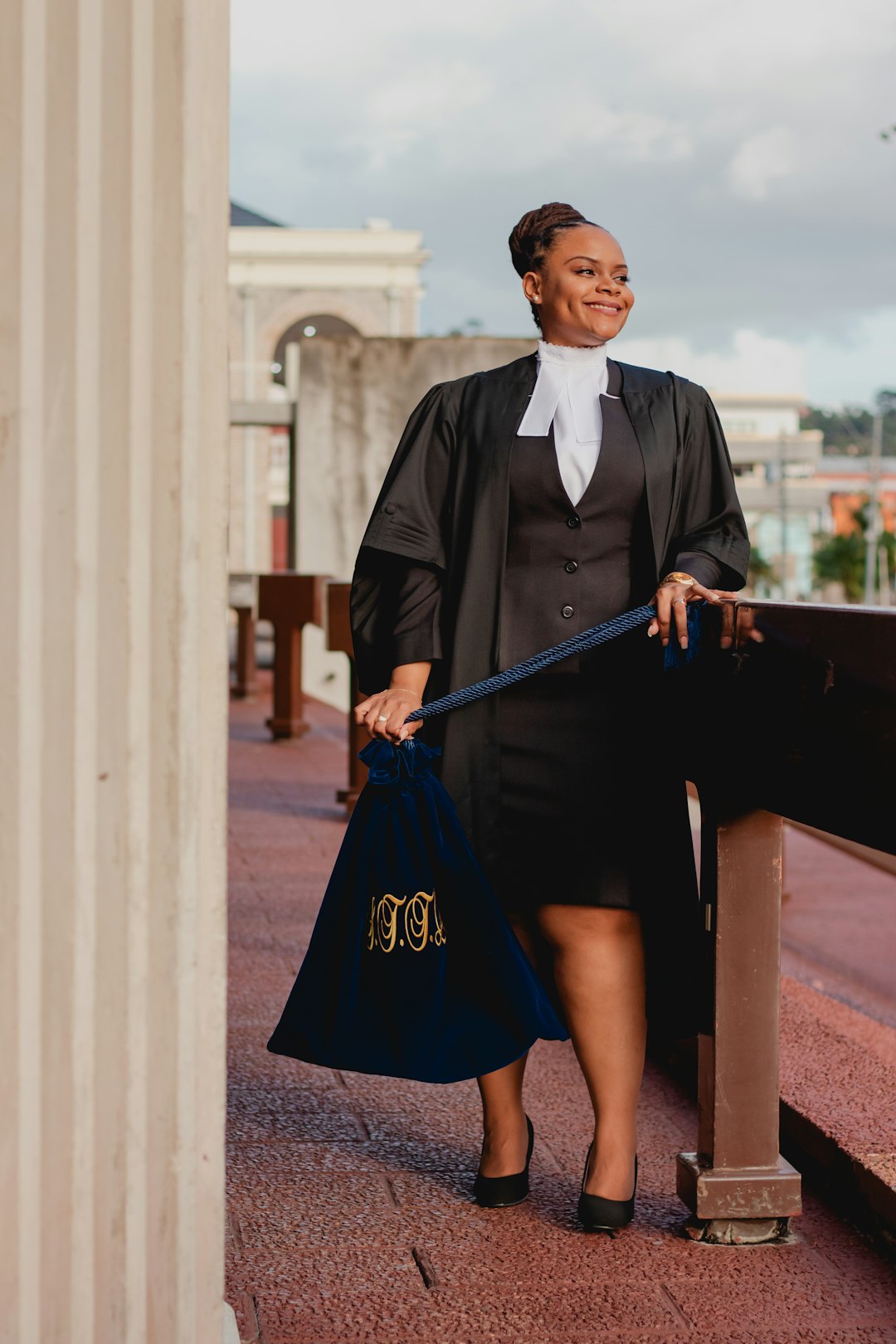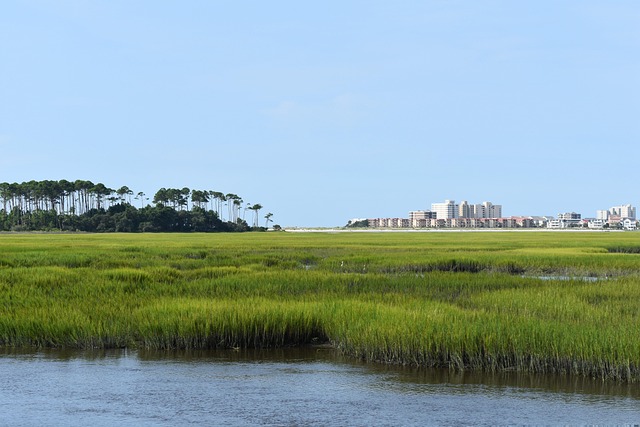South Carolina's sexual abuse laws protect individuals from a wide range of offenses, addressing multicultural challenges through age of consent (16), clear definitions of sexual battery and rape, and services tailored for diverse victims. Sexual abuse law firms offer multilingual, culturally competent support to immigrants, refugees, LGBTQ+ individuals, and marginalized communities, breaking down barriers and ensuring justice. Training for professionals raises cultural awareness, empowering survivors from all backgrounds to seek help without fear of discrimination.
In South Carolina, navigating multicultural relationships brings unique challenges regarding sexual abuse. This article explores the state’s approach to addressing these complex issues. We delve into South Carolina’s sexual abuse laws, highlighting legal protections for diverse victims across various cultural backgrounds. Additionally, we discuss strategies to combat cultural stigmas and provide resources for survivors seeking support. For those in need of legal counsel, a specialized sexual abuse law firm in South Carolina offers guidance tailored to these nuanced circumstances.
Understanding South Carolina's Sexual Abuse Laws

South Carolina has comprehensive laws in place to protect individuals from sexual abuse, particularly within multicultural relationships, where cultural norms and language barriers can complicate issues of consent and reporting. Understanding these laws is crucial for both victims and advocates. A sexual abuse law firm in South Carolina can provide expert guidance on navigating these complex legal matters.
The state’s statutes define sexual abuse broadly, encompassing a range of offenses from unwanted touching to non-consensual sexual acts. Key provisions include strict guidelines on consent, with age of consent set at 16 years old, and clear definitions of sexual battery and rape. These laws also address the unique challenges in multicultural contexts, recognizing that language barriers and cultural differences may impact an individual’s ability to understand or report abuse. This awareness is vital for ensuring that all victims, regardless of their background, receive justice and support.
Multicultural Relationships: Unique Challenges

In multicultural relationships, navigating sensitive issues like sexual abuse can be complex due to varying cultural norms and interpretations. South Carolina, home to a diverse population, recognizes these unique challenges and strives to address them through specialized services tailored to different communities. Cultural barriers often hinder victims from seeking help, as they may fear judgment or face language and communication gaps when reaching out to authorities or support systems.
A sexual abuse law firm in South Carolina plays a vital role in breaking down these barriers by offering services sensitive to diverse cultural backgrounds. They employ attorneys and counselors who are multilingual and culturally competent, ensuring effective communication with victims from various ethnic and socioeconomic groups. This approach fosters trust, encourages reporting, and facilitates access to justice for all South Carolinians affected by sexual abuse, regardless of their cultural or linguistic background.
Legal Protections for Diverse Victims

In South Carolina, legal protections for victims of sexual abuse in multicultural relationships are designed to ensure justice and support for all individuals, regardless of their background or identity. A robust sexual abuse law firm in South Carolina plays a pivotal role in advocating for these diverse victims, understanding the unique challenges they face, and navigating complex legal systems. These firms specialize in handling cases involving immigrants, refugees, LGBTQ+ individuals, and other marginalized communities, where cultural barriers, language differences, and fear of retaliation can hinder reporting and prosecution.
The state’s legislation includes provisions that recognize and address the complexities of multicultural sexual abuse cases. This includes efforts to improve access to services, ensure cultural competency among law enforcement and prosecutors, and provide legal protections tailored to the needs of diverse victims. A sexual abuse law firm in South Carolina helps interpret these laws, offering specialized support and representation to help victims overcome obstacles and seek the justice they deserve.
Strategies to Combat Cultural Stigma

In South Carolina, addressing cultural stigma surrounding sexual abuse is a multifaceted approach involving education and advocacy. Many multicultural relationships face unique challenges when it comes to reporting and prosecuting sexual crimes due to differing social norms and expectations. A prominent South Carolina sexual abuse law firm plays a vital role in navigating these complexities by providing legal support tailored to the specific needs of victims from diverse cultural backgrounds. They collaborate with community leaders, mental health professionals, and local organizations to raise awareness about cultural biases and the importance of breaking the silence around sexual abuse.
These efforts include hosting cultural sensitivity training for law enforcement, healthcare providers, and judicial personnel to ensure sensitive handling of cases involving multicultural individuals. By fostering understanding and empathy, South Carolina’s legal community aims to create a safer environment where victims feel empowered to come forward without fear of judgment or discrimination. This holistic strategy not only strengthens the state’s response to sexual abuse but also contributes to building more inclusive and supportive communities for all residents.
Resources and Support for All Survivors

In South Carolina, survivors of sexual abuse in multicultural relationships have access to a range of resources and support services tailored to their unique needs. Many organizations operate as sexual abuse law firms in South Carolina, offering legal aid, counseling, and advocacy for individuals from diverse backgrounds. These firms often specialize in navigating cultural complexities to ensure that all survivors receive fair treatment and justice.
Local communities also host support groups and educational programs that foster understanding and solidarity among survivors. With the help of these resources, individuals can heal and rebuild their lives while empowering themselves through knowledge of their rights under South Carolina’s sexual abuse laws.






